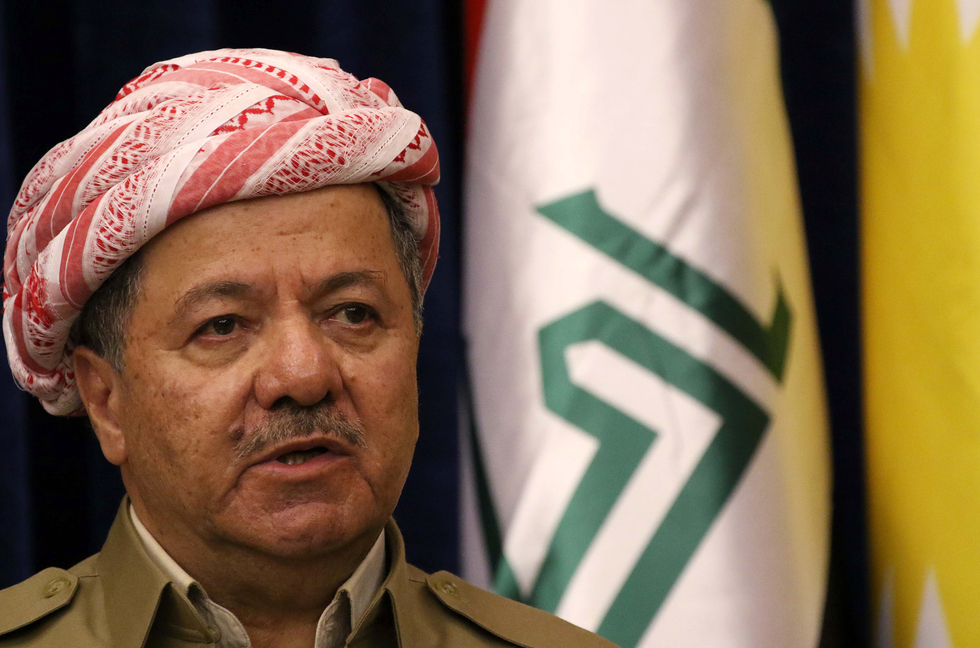There’s a lingering impression in Washington that Iraqi Kurdistan is what it was five years ago, before the rise of ISIS: a peaceful, prospering, emerging pro-Western democracy whose aspirations for full independence from Iraq are increasingly hard to ignore.
Unfortunately, a great deal has changed since then, thanks to war, the US retreat from the region and the Kurds’ own dysfunctions. As the ISIS slowly crumbles to its south and west, Kurdistan is politically and economically broken. President Masoud Barzani remains in office four years after his term ended, and parliament has not met in almost two years. The government is deeply in debt and can scarcely afford to pay the three-quarters of the workforce who are state employees. The army and security services are divided into rival factions.
Barzani’s reaction to this distress has been to schedule a referendum on Kurdish independence for Sept. 25. The initiative has been rejected not just by the Iraqi federal government, but also by Kurdistan’s powerful neighbors Iran and Turkey, as well as the United States. More significantly, it is being viewed even by staunchly pro-independence Kurds as evidence that the region’s politics have reached a dangerous dead end.
The referendum is “an excuse by Kurdish leaders to remain in power,” says Shaswar Abdulwahid Qadir, the owner of Kurdistan’s independent NRT television network. “The younger generation doesn’t know anything about their fight in the mountains against Saddam Hussein. So the old leaders need another excuse to run the country for another 26 years.”
Those bitter words reflect Qadir’s perspective as one of a rising generation of Kurds — and Iraqis — struggling over how to create stable political institutions and a working economy amid the mess of sectarian conflicts, extremist movements and corrupt establishments littered across the post-ISIS landscape.
An independent television network is, at least, a place to start. While most Iraqi media are controlled by the government or political parties, Qadir is one of Kurdistan’s few self-made magnates: Born in the city of Sulaymaniyah, he started peddling electronic games as a teenager and became one of Kurdistan’s largest real estate developers before founding NRT in 2011, at the age of 32.
Launched under the slogan “courage, balance, truth,” the network saw its first office attacked and burned within a week of opening; Qadir blames militants from the Patriotic Union of Kurdistan (PUK), one of the region’s two historical political forces. Two years later he survived an assassination attempt. Kurdish authorities have closed NRT’s offices and arrested its journalists on multiple occasions. Yet it has persisted and flourished: It now has two Kurdish channels, an Arabic channel covering all of Iraq, and an English-language website.
A referendum, Qadir says, might prompt Turkey to shut down that pipeline, through which Kurdistan exports the relative trickle of petroleum that is its only reliable revenue. It also might cause the Turks and Iran to back opposing factions of the army, which is divided between the PUK and Barzani’s Kurdistan Democratic Party, triggering a resumption of the civil war they fought in the 1990s.
“What kind of Kurdistan would we have?” Qadir asked. “Would we have South Korea or South Sudan?”
The Washington Post
